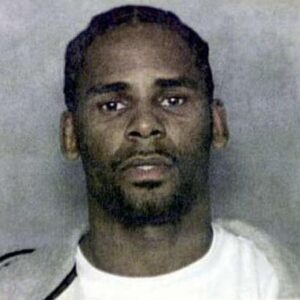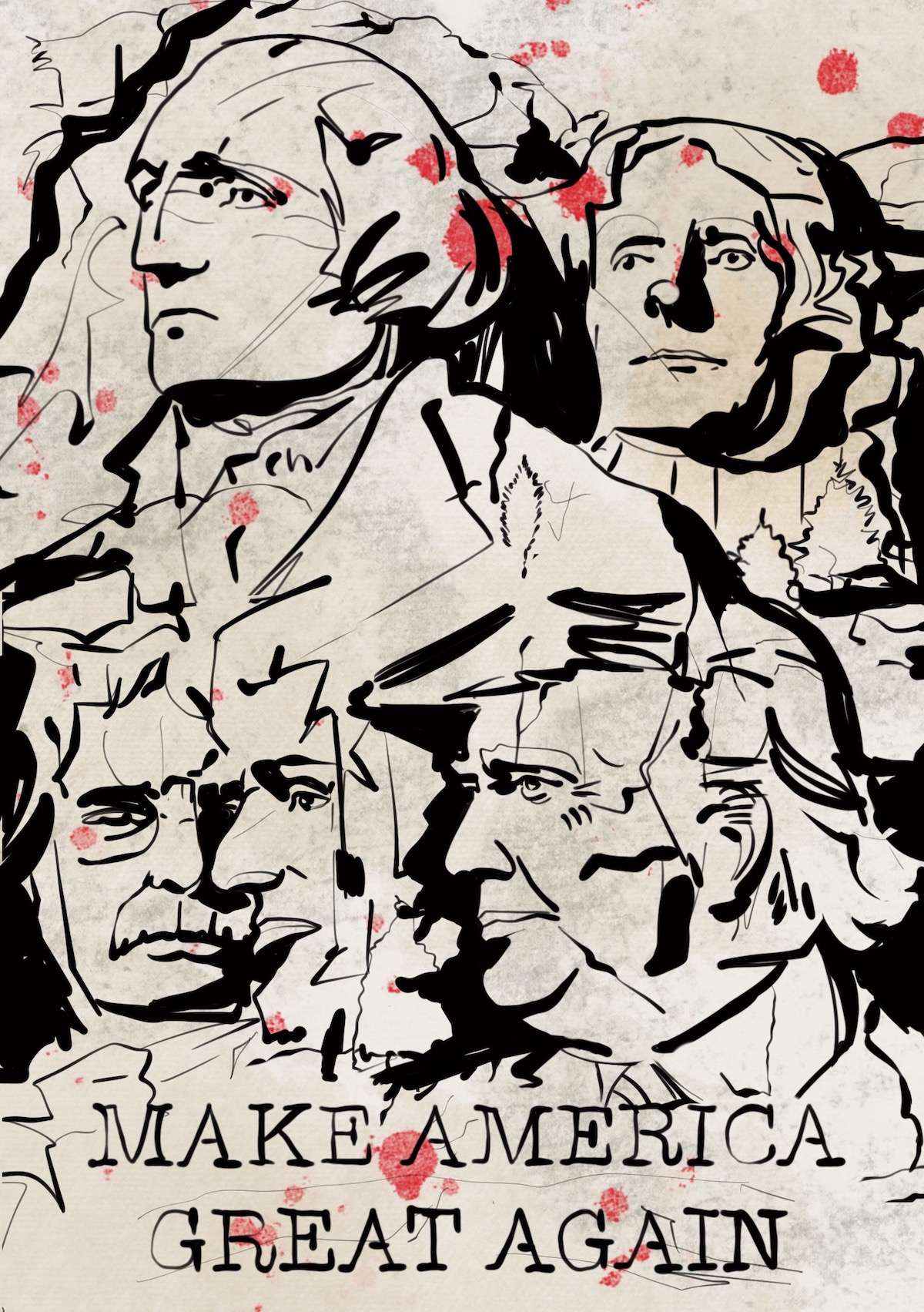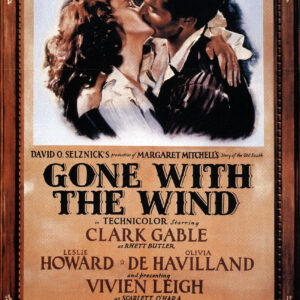Donald Trump hates cancel culture. We know this because he frequently tells us so himself. In his 4th of July speech, he devoted quite a bit of time to it and defined it this way: Cancel culture means,
“driving people from their jobs, shaming dissenters, and demanding total submission from anyone who disagrees. This is the very definition of totalitarianism, and it is completely alien to our culture and our values, and it has absolutely no place in the United States of America.”
He blamed it on Marxists, radical liberals and– displaying his total ignorance of ideologies–the oxymoronic invention of the “far-left fascism”. He added that cancel culture aims to destroy American history and our way of life.
It’s easy to see that this is not only a “loaded” definition, but irony of ironies, it perfectly describes Trump’s own frequently egregious behavior. And as I will add here, the word “totalitarianism” should never come out of Trump’s mouth. Never! Talk about people living in glass houses and casting stones!
The Washington Post has called Trump “king of cancel culture”. CNN remarks on the hypocrisy of him posturing as “a warrior against what he says is a left-wing ‘cancel culture’ that seeks to get people punished or banished for supposedly objectionable words or acts”, and then goes on to list 30 of the most prominent examples of Trump’s attempts to “cancel” people or corporations out of the most personal and petty motives . Indeed, it’s not too far a stretch to say that Trump himself may be responsible for the surge in this practice by legitimizing it through negative role modeling.

The more neutral definition from dictionaries is this: on dictionary.com: “the practice of withdrawing support for (or canceling) public figures and companies after they have done or said something considered objectionable or offensive.” In 2019 cancel culture gathered momentum and many prominent figures were called out for misbehavior, and “canceled.” Among these are R. Kelly for sex crimes; Jussie Smollett for having staged a racial attack against himself; Dave Chappel for having suggested that he did not believe people who accused Michael Jackson of child molestation.
Van Jones, CNN host of the eponymous talk show, asked Progressive Democratic Primary candidate Andrew Yang if it’s fair that an individual should be held responsible and canceled for an injudicious comment that perhaps he made 30 years before. Yang replied, “I think that our standards have become unfair and we have become unduly vindictive and punitive”. He imagines the scenario where we cancel an individual by getting him fired, and then two months down the road, when we may have moved on—meaning that perhaps opinions have softened, or the issue is no longer in the forefront– that individual still doesn’t have a job and his life has been changed forever. Yang urges us to remember that “we’re all human” and therefore make mistakes.
On a larger scale, cancel culture applies to the recent movement to take down public monuments of controversial historical figures. It is the attempt not to just cancel an offending individual’s social media account—and by extension, their social acceptability–but that of canceling out historical figures or events by literally removing them from the picture. For example, tearing down a statue of Christopher Columbus, or of a Confederate general.

Cancel culture therefore can be instrumental in erasing the history and heritage of a nation. When HBO pulled the classic movie “Gone with the Wind” from its lineup, Whoopi Goldberg, who has never been known to pull any punches, or be shy about making strong statements about racism or any other subject, nevertheless stated that it’s “ridiculous to cut racist scenes from older movies”.
Political correctness is the equivalent of gagging your opponent. It may be easy to cancel an individual by denying them access to social media, but it’s not as easy to cancel a historical figure or event. Just because you remove a statue, re-brand a concept or censure behavior, doesn’t mean you eliminate it. Just because it disappears from public discourse doesn’t mean you’ve changed anything or convinced anyone of a new idea. You merely drive that view underground.
Can you change the past offenses and outrages? Can we erase slavery from American history? The genocide of Native Americans? The Holocaust? I think not! Of course, you don’t want to twist the knife into the wound either by celebrating the chief architects of these outrages, but in history, the eraser doesn’t wipe the slate clean.

We must be careful not to use the power of the “cancel culture” to simply shame people or as Trump uses that weapon, for political advantage. It’s too powerful a club to wield against your enemies simply for spite or revenge.
Cancel culture, as a weapon of political correctness, is the enemy of free speech. Following the “party” line, whatever the party, is dangerous for a democracy and when one side—whether that be the right or the left—starts dictating what can be said and what cannot be said, then democracy is at death’s door.
The even more alarming fact is that as Politico pointed out, cancel culture is practiced most frequently by young people. “Age is one of the most reliable predictors of one’s views. Members of Generation Z are the most sympathetic to punishing people or institutions over offensive views, followed closely by Millennials, while GenXers and Baby Boomers have the strongest antipathy towards it. Cancel culture is driven by younger voters. A majority (55%) of voters 18-34 say they have taken part in cancel culture…”
I find this particularly sad and frightening because in my mind young people should be the most open and tolerant of a diversity of views. Popular wisdom would have us believe that the older we get, the more conservative we become, the more set in our ways, and the more we cling to our own opinions, even when they are misguided or misanthropic. And yet according to these statistics the younger the group, the more intolerant of differing opinions they are and the more enthusiastically they wish to publicly shame and punish the dissenters. If they are so close-minded now, what will happen to them when they become older? How tyrannical will society be in the future?
Urbandictionary.com has this to say about who is most active in the cancel culture community: “Narcissists make up the majority of the people who engage in cancel culture, and others who do this would include immature individuals.”

History can be interpreted but not erased, and interpretation means education. To know the facts in order to understand, to evaluate and then condemn where condemnation is deserved. We need to understand, not in order to condone, but in order not to repeat the same mistakes made throughout history. While HBO caved in to the warriors of political correctness and pulled “Gone With The Wind”, its explanation is not without merit. It will eventually bring it back, but “when we return the film to HBO Max, it will return with a discussion of its historical context and a denouncement of those very depictions.”
Whoopi Goldberg’s final assessment is, “It is what it is”. Hiding it or re-branding it cannot change the fact of its existence.
Let’s try to understand the context instead and above all, learn from it so that we don’t repeat it. Even Whoopi would agree with that.
If cancel culture could change history and abolish the suffering of the past, it might be worth it, but sadly, it cannot.












